Kanagawa, Japan Jan. 23 Thurs 1:01AM
(Cover photo by Yokohama Visitors Guide)
Iekei Ramen
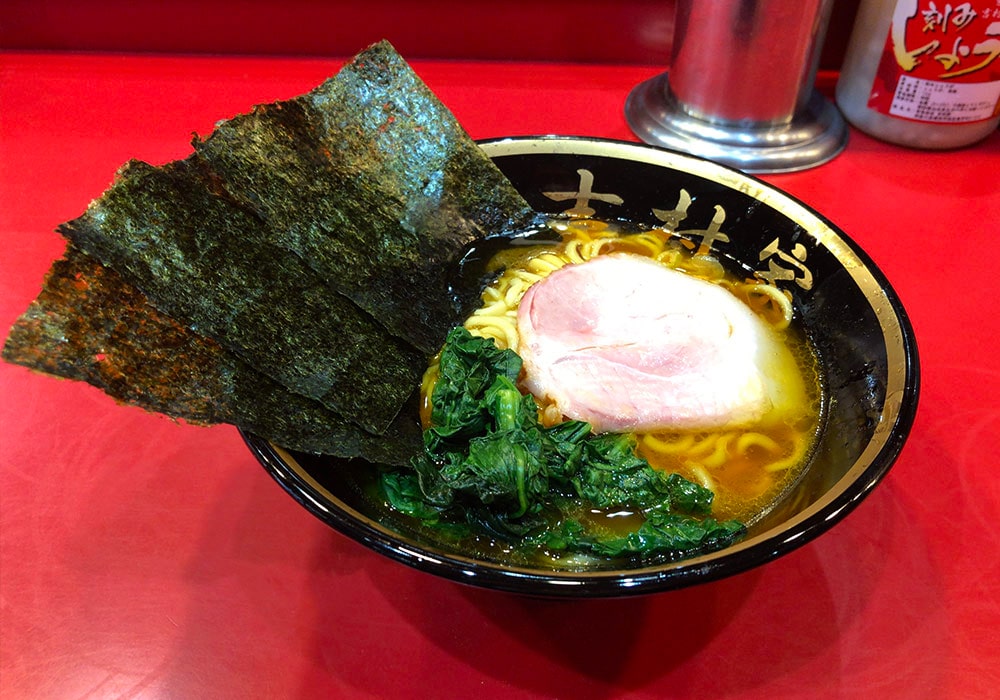
"Iekei Ramen" is a type of ramen that emerged after 1974 and is characterized by a thick, straight noodle in a tonkotsu (pork bone) soy sauce broth. It refers to both the ramen style and the group of ramen shops that serve it. The basic style includes toppings such as chashu (roast pork), spinach, and three sheets of nori (dried seaweed). Iekei Ramen allows for customization in terms of noodle texture, sauce richness, and oil quantity, catering to a wide range of customers of all ages and genders. The birthplace of Iekei Ramen is a ramen shop called "Yoshimura-ya" in Yokohama City. Since its establishment in 1974, this popular shop has consistently attracted long queues from opening to closing time, even after nearly half a century. Yoshimura-ya can be considered the origin of all Iekei Ramen, so please come to savor the best bowl of ramen here.
Yoshimura-ya
Location: 1-6-31 Okano, Nishi-ku, Yokohama City, Japan
Hours: 11:00-20:00 (Last order at 14:00)
Closed: Every Monday (the following day if it falls on a public holiday)
Prices: 760 yen and up
Shumai
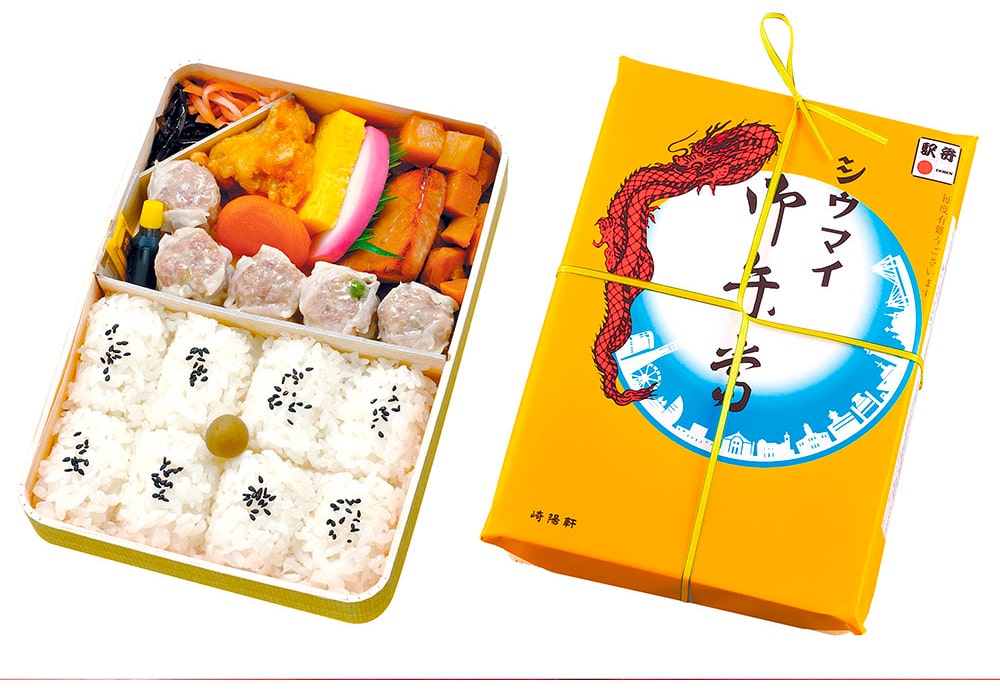
When it comes to Yokohama specialties, the flavorful "Shumai" made with pork and dried scallops is renowned. In 1928, "Kiyoken" embarked on creating a new specialty in Yokohama by developing and selling Shumai. In Japan, it is a common practice to purchase boxed lunches at train stations during travels and consume them on the train. These boxed lunches are known as "ekiben." Kiyoken, which had been selling ekiben since that time, decided to focus on Shumai, which was still relatively rare in Japan. They created bite-sized Shumai that wouldn't spill even on a moving train and remained delicious even when cold. Since its release, Kiyoken has continued to deliver the same deliciousness with an unchanged recipe. Why not make ekiben your companion for train journeys and experience Japanese culture?
Kiyoken
Location: 2-13-12 Takashima, Nishi-ku, Yokohama City, 220-0011, Japan (1st floor of Sakuragicho-ken Main Store)
Hours: 10:00-20:00 (No regular holidays) *Business hours may change depending on the situation.
Prices: Please refer to the official website
Official Website: https://kiyoken.com/
Gyunabe
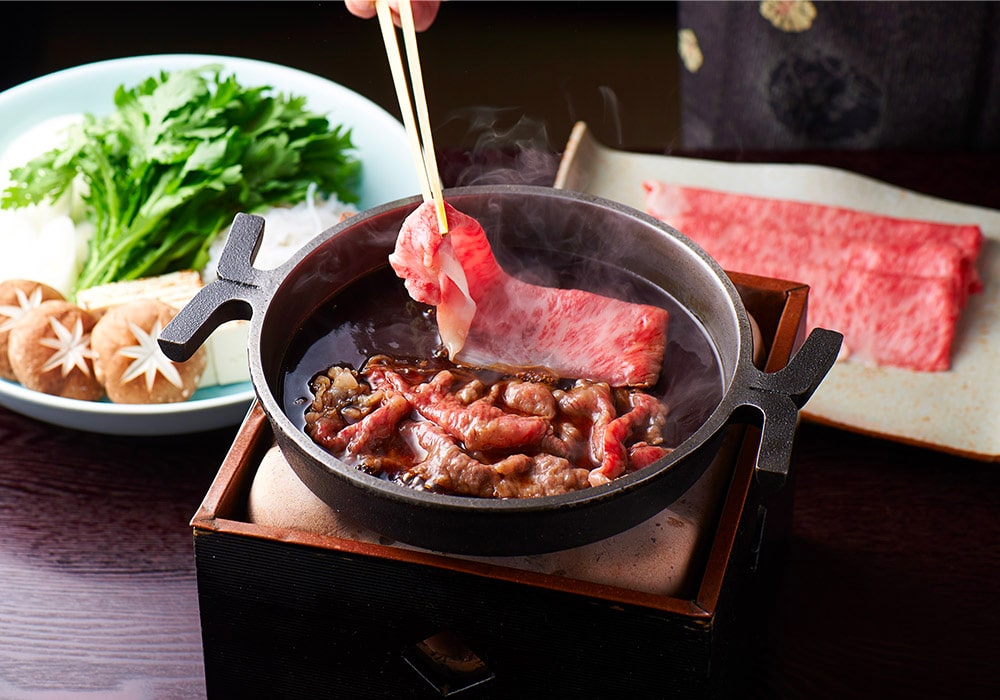
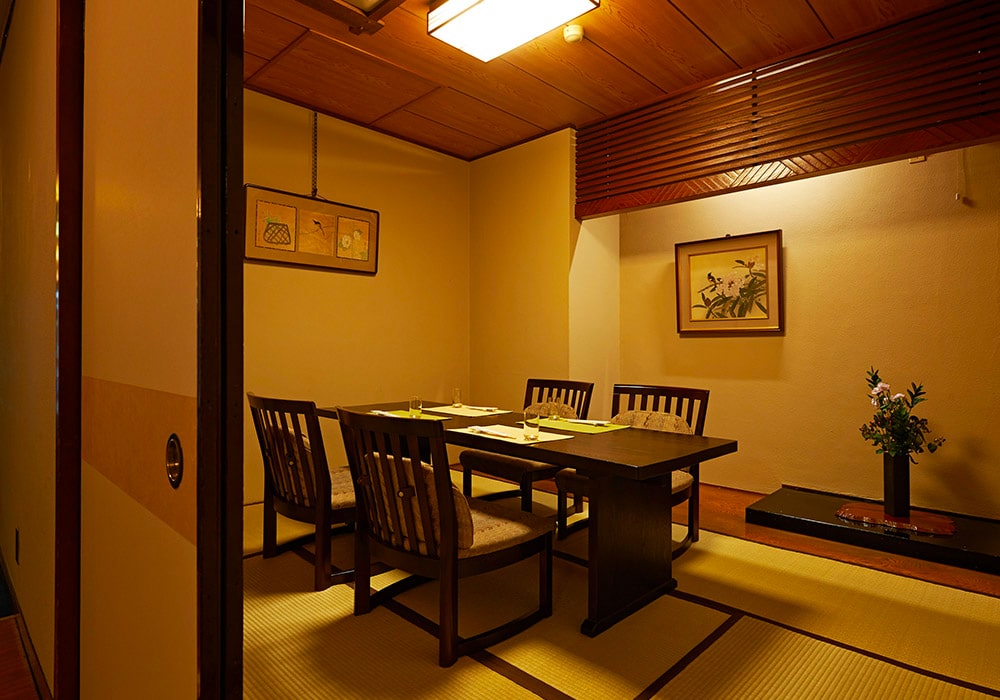
Since the opening of the port, Yokohama has incorporated Western meat-eating culture. At that time, "gyunabe," a dish that stewed beef in soy sauce or miso to suit the Japanese palate, became extremely popular. Gyunabe is prepared by putting individual portions of meat and vegetables into an iron pot, adding broth, then simmering it. Unlike sukiyaki, where the meat is initially seared and then vegetables are added, gyunabe follows a different cooking process.
Gyunabe restaurant "Janomeya" was established in 1893 in Isezakicho, a downtown area filled with theaters and a lively entertainment district. With a focus on ingredients and cooking techniques, Janomeya has preserved its traditional flavors for over 120 years. Please enjoy the unchanged charm of their cuisine.
Janomeya
Location: 5-126 Isezakicho, Naka-ku, Yokohama City 231-0045, Japan
Hours: Tue-Fri 17:00-21:00 / Sat, Sun, Holidays 12:00-21:00
Closed: Monday, 1st Sunday of the month (Irregular holidays in December and January)
Prices: Please refer to the official website
Official Website: https://www.janomeya.com/english.html
Bar-hopping in Noge
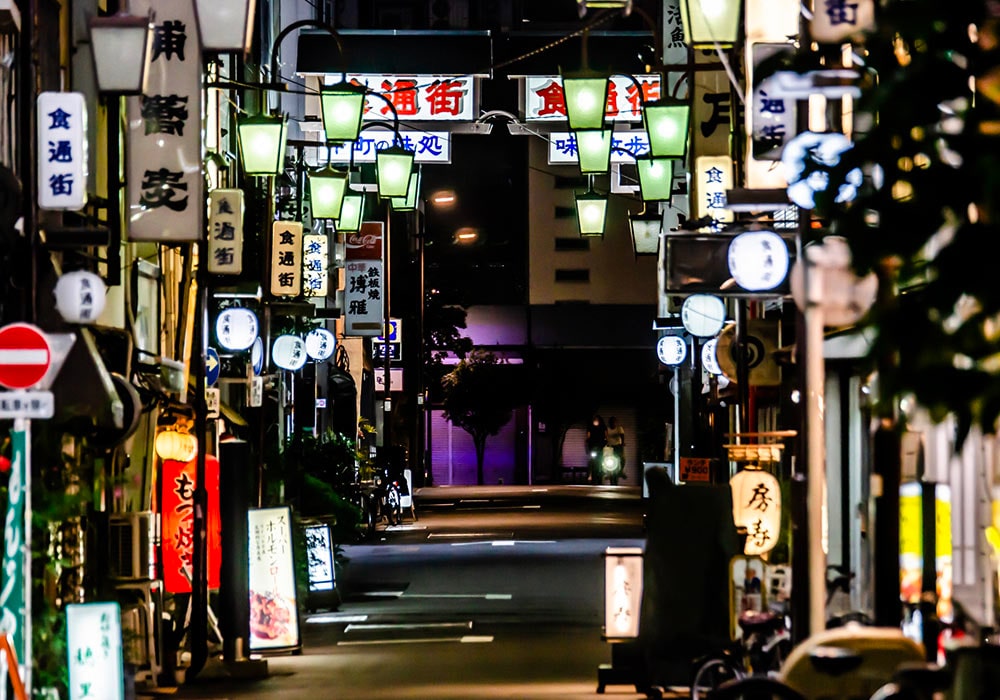
In the lively downtown area of Noge, known for its approximately 600 retro-style Japanese restaurants, you can enjoy comparing a wide variety of shochu and sake while strolling and drinking. There are many casual izakayas offering menus that pair well with alcoholic drinks, such as seasonal seafood, yakitori (grilled skewered chicken), hot pots, and simmered dishes. Among them, some establishments serve "robatayaki," which is seasonal vegetables and seafood grilled over charcoal. Robatayaki is a type of Japanese cuisine where the staff grill ingredients over charcoal and serves them to you from the irori (traditional Japanese hearth), warming up sake as well. You can experience traditional Japanese culture while savoring the unique atmosphere of each restaurant.
Why not rediscover the unexpected and new charms of Yokohama in Noge?
